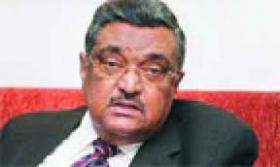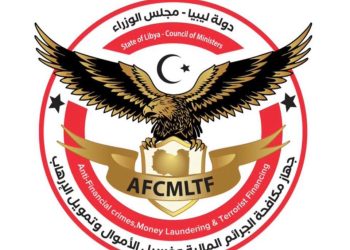By Rahman Jahangir
Dhaka, May 30:
Bangladesh has banned the export of manpower to Libya until a Bangladeshi ambassador is appointed and, according . . .[restrict]to Bangladeshi officials, “a stable government” takes over in Libya.

Bangladesh’s Labour and Expatriates’ Welfare and Overseas Employment Minister Khandakar Mosharraf Hossain confirmed this to reporters at his office in Dhaka.
“There have been some problems in sending workers to Libya since currently there is no Bangladeshi ambassador there. There will be no problem once an ambassador is appointed there. The foreign ministry has been requested in this regard and they’ve already started the process,” he said.
However, the decision to suspend sending workers to Libya appears more connected to visa issues.
It follows the refusal to allow some 200 Bangladeshis to enter the country last week on the basis that their group work visas were fake. However, both the government and the state-run Bureau of Manpower, Employment and Training (BMET) in Dhaka have rejected the allegation.
“There could be over 190 job seekers deported. But I don’t see any reason behind it because their visas were issued by the Libyan embassy in Dhaka. We have even re-checked them,” said Begum Shamsunnahar, director general of BMET.
Contacted on Wednesday, she said: “When recruiting agencies submitted their passports with visas seeking emigration clearance from us, we sent a list of those visas to the Libyan embassy for cross-checking. As the embassy OK-ed it, we issued clearance,” she said.
“Permission was given to send workers to Libya provided they got clearance from the [Libyan] embassy,” concurred the minister. How can these visas be called ‘forged’ if there wasn’t any problem at embassy level?” he asked.
The First Secretary (labour) of the Bangladesh embassy in Tripoli, Ahsan Kibria Siddiqui, said the Libyan authorities had claimed the visas were forged by syndicates outside the Libyan embassy in Dhaka.
Ahsan said he held meetings with officials of the Libya’s Supreme Security Committee and requested them to verify authenticity of the visas but the SSC had insisted that their findings were correct. Ahsan said that they claimed that syndicates both in Bangladesh and Libya were involved in forging visas.
He added that the Libyan immigration authorities has held 76 Bangladeshi workers at Benghazi airport on April 24 on suspicion that they were carrying fake visas, but a day later had handed them over to their employers.
Some 500 Bangladeshi contracted to work in Libya are now awaiting emigration clearance before flying to the country. However, until the issue is resolved, the BMET will no longer issuing clearance.
The problem appears identical to that faced by Egyptian workers in group visas who have been refused entry in recent days. It was also claimed that their visas were forged. Last week, in two separate incidents, a total of 280 Egyptians travelling on group visas supposedly issued by the Libyan embassy in Cairo were refused entry .
The Egyptian authorities have likewise now decided that anyone travelling on a group visa will not be allowed to fly to Libya. They too are trying to sort out the problem with the Libyan embassy.
Prior to last year’s revolution in Libya, there were an estimated 40,000 Bangladeshis working in the country. The vast majority were forced to leave.
Numbers have started returning. About 2,500 have done so since the end of the conflict. Bangladeshi street cleaners are an increasingly common sight in Tripoli. [/restrict]






